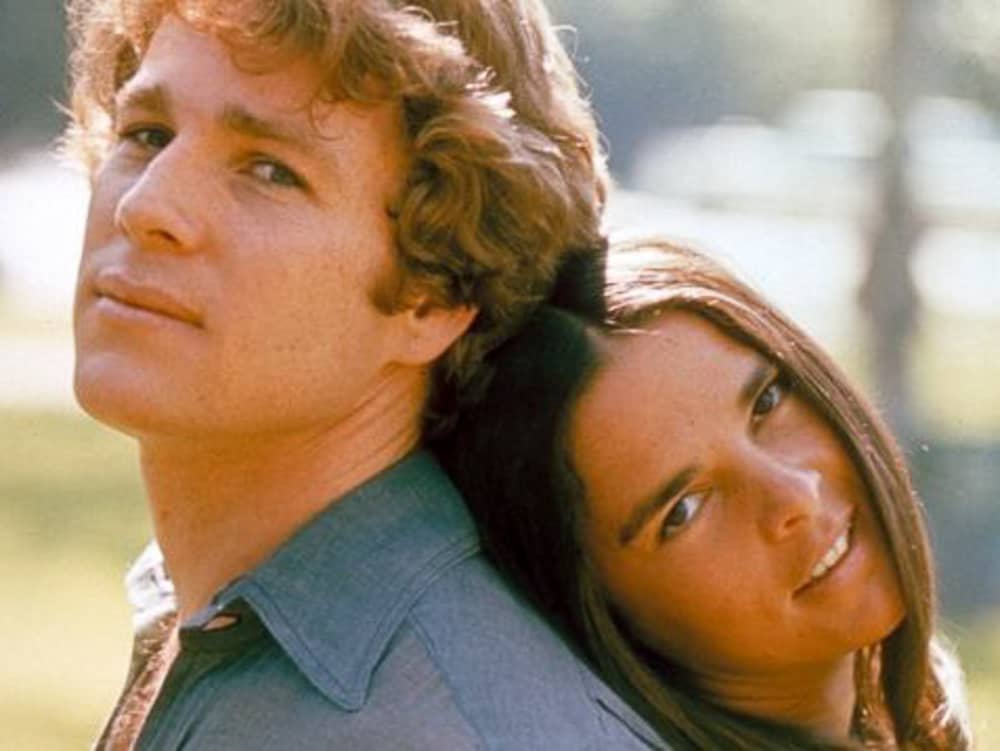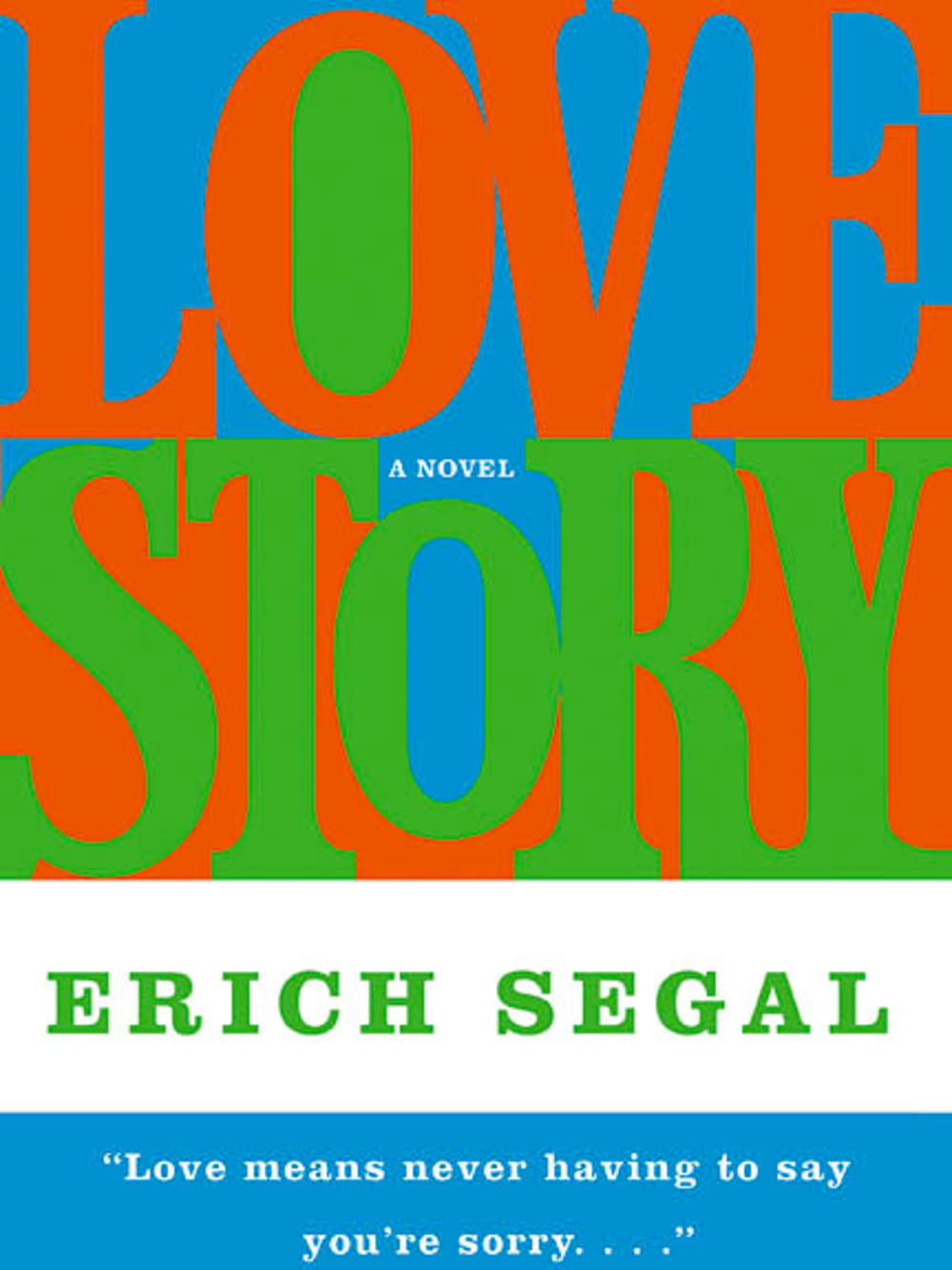Erich Segal 1937-2010
Love Story and the search for pop culture immortality
 Ryan O'Neal and Ali McGraw from the 1970 movie based on Erich Segal's book,"Love Story"
Ryan O'Neal and Ali McGraw from the 1970 movie based on Erich Segal's book,"Love Story" Author Erich Segal
Author Erich Segal "Love Story" spawned the catch phrase, "Love means never having to say you'resorry."
"Love Story" spawned the catch phrase, "Love means never having to say you'resorry."
What can you say about a 72-year-old writer who died? That, on the strength of a single novel — based on his own screenplay, instead of the other way around — Erich Segal made a serious bid for pop-culture immortality? Maybe, maybe not. I know a few folks of my generation who still get misty-eyed when they think of how Ryan O'Neal was shattered by the loss of Ali MacGraw. On the other hand: Judging from the blank expressions I receive from students whenever I mention the title Love Story in my film studies classes at University of Houston and Houston Community College, the enduring impact of that book and movie may be more apparent than real.
The funny thing is, while researching my master’s thesis on the New Hollywood Era three years ago — yeah, I was in my 50s before I went for the advanced degree; you have a problem with that? — I came across this 1971 Time Magazine cover story that, in retrospect, seems ludicrously misguided in its attempt to read the smash success of Love Story as some sort of game-changing counterbalance to the seemingly unbridled licentiousness of books, movies and pop tunes of the time. Maybe that should be a lesson to us all: Today’s phenomenon can be tomorrow’s obscurity. Consider that, all you Avatar fans. There may come a day when you’ll have to explain to your grandkids just what the hell Pandora was. Just as I occasionally have to explain the significance of: “Love means you never have to say you’re sorry.”
BTW: I can’t helping noticing that while Erich Segal is getting fair credit in his obits as co-screenwriter of Yellow Submarine, everyone seems to forget that he also wrote a couple other scripts for movies from roughly the same era — The Games and R.P.M. — that, last time I checked, aren’t available on DVD. Trust me; they weren’t that bad.
Follow Joe Leydon on his movie blog
